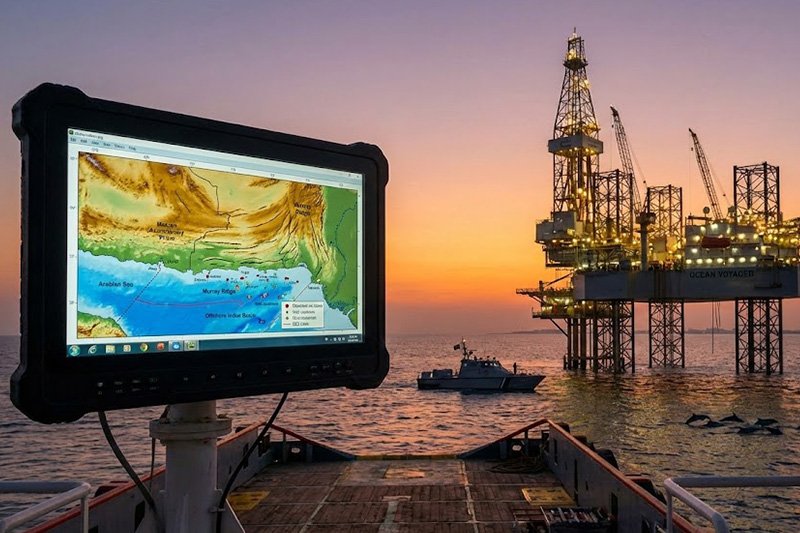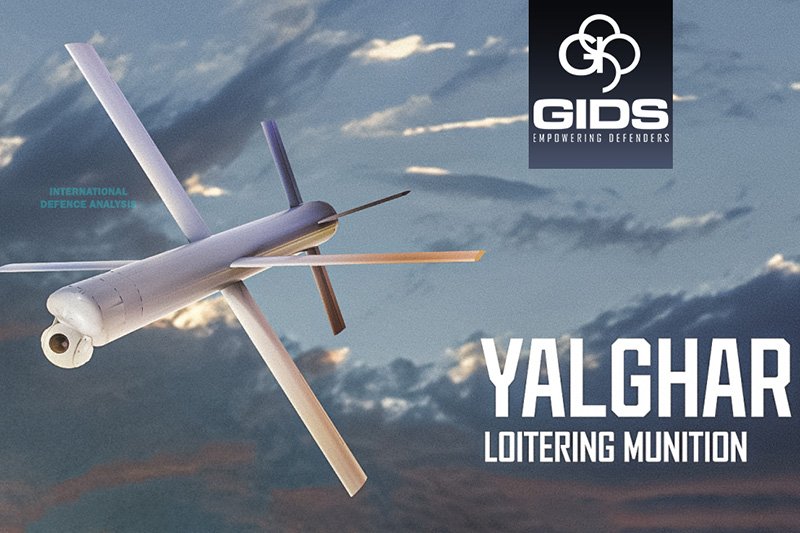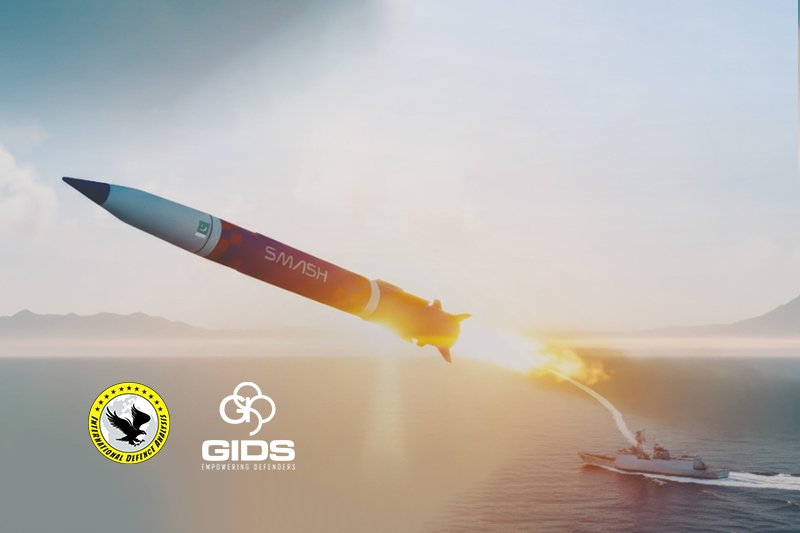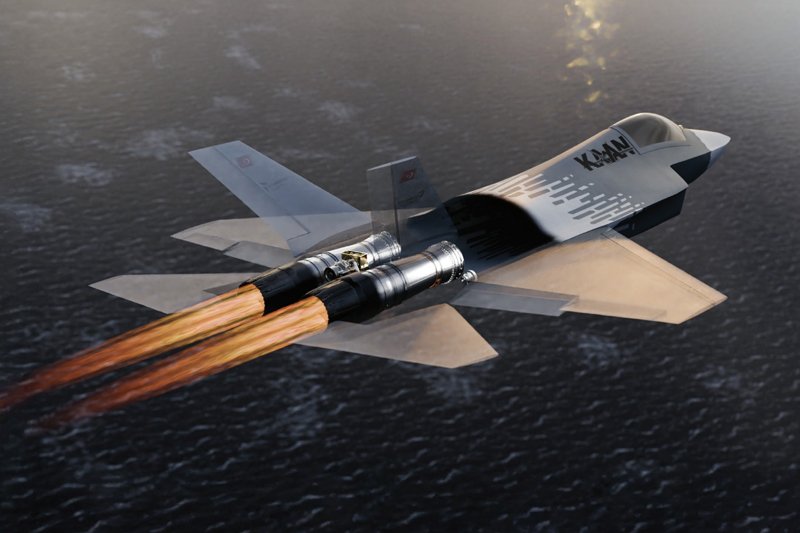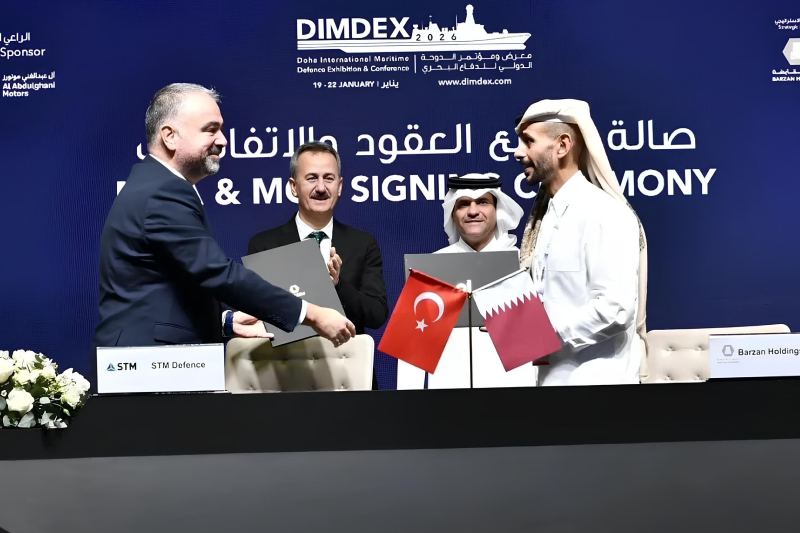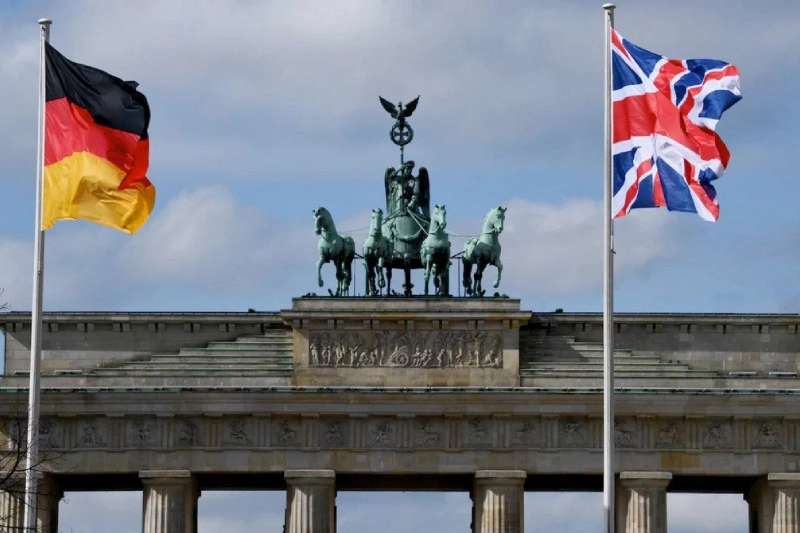Germany, UK To Sign Mutual Defence Treaty July 17
The United Kingdom and Germany are preparing to sign a comprehensive mutual defense treaty that will fundamentally reshape European security cooperation. This wide-ranging agreement, expected to be finalized on July 17, 2025, represents a significant milestone in bilateral relations and European defense integration.
The treaty’s signing is strategically timed before both parliaments enter their summer recess, ensuring swift ratification and implementation. This landmark agreement builds upon the foundation established by Prime Minister Keir Starmer and German Chancellor Olaf Scholz during their joint declaration last summer, which promised enhanced cooperation on peace, security, and economic growth.
Strategic Security Partnership
The treaty’s cornerstone feature is a mutual assistance clause that formally recognizes threats to either nation as threats to both. This provision establishes a direct security partnership between the UK and Germany, independent of broader NATO commitments while complementing existing alliance structures.
The mutual assistance framework builds upon the Trinity House Agreement signed in 2024, which already acknowledged that strategic threats to one country would inherently threaten the other. This expanded commitment provides Germany with mutual assistance clauses with both European nuclear powers, aligning with Chancellor Friedrich Merz’s vision of strengthening continental deterrence capabilities.
European Defense Autonomy Amid Transatlantic Shifts
The treaty reflects growing European efforts to develop independent defense capabilities as the United States potentially reduces its transatlantic defense commitments. This strategic pivot acknowledges changing geopolitical realities while maintaining NATO as the cornerstone of collective defense.
The agreement positions the UK and Germany as leaders in European security cooperation, potentially serving as a model for other continental partnerships. This approach strengthens European deterrence capabilities while reducing reliance on American security guarantees in an evolving global security environment.
Comprehensive Bilateral Cooperation Framework
Beyond defense provisions, the treaty encompasses a broad spectrum of bilateral cooperation initiatives. Immigration control measures feature prominently, addressing shared challenges of illegal migration through enhanced coordination and information sharing between both nations’ security services.
Transportation cooperation will facilitate improved connectivity between the UK and Germany, potentially including infrastructure projects and regulatory harmonization. Research and innovation partnerships will leverage both countries’ technological capabilities, creating opportunities for joint development in emerging defense technologies and civilian applications.
Defense Technology Collaboration
The agreement includes provisions for developing advanced “deep precision strike” weapons with ranges exceeding 2,000 kilometers. This collaborative program represents a significant leap in European defense technology capabilities, potentially rivaling systems developed by other major powers.
Joint weapons development demonstrates both nations’ commitment to technological sovereignty in defense systems. This cooperation extends beyond immediate military applications, fostering broader defense industrial partnerships that could enhance European competitiveness in global defense markets.
Regional Security Implications
The treaty reinforces both countries’ commitment to supporting Ukraine, particularly in scenarios where American support might diminish. This provision ensures continued European backing for Ukrainian sovereignty and territorial integrity, regardless of potential changes in US policy.
The agreement’s timing and scope suggest preparation for various geopolitical scenarios, including potential shifts in American foreign policy priorities. This strategic planning demonstrates European allies’ determination to maintain regional stability through enhanced bilateral cooperation.
Economic and Trade Integration Benefits
Cross-border exchange facilitation measures will streamline business operations and enhance economic integration between the UK and Germany. These provisions address post-Brexit challenges while creating new opportunities for bilateral trade and investment.
The economic cooperation framework complements security provisions by strengthening overall bilateral relations. Enhanced economic ties create additional incentives for maintaining close security cooperation, reinforcing the treaty’s strategic objectives through multiple channels.
Strategic Implications for European Security Architecture
This bilateral treaty potentially catalyzes broader European security integration initiatives. The UK-Germany partnership could inspire similar agreements between other European nations, creating a network of bilateral security arrangements that collectively strengthen continental defense capabilities.
The agreement demonstrates that European nations can develop effective security partnerships outside traditional multilateral frameworks. This flexibility allows for more tailored cooperation arrangements that address specific bilateral interests while contributing to overall European security.
Also read this: ASELSAN Secures $71.9M Deal For Military Comms Upgrade
Future Prospects
Successful implementation of this comprehensive treaty will require sustained political commitment from both nations. The agreement’s broad scope necessitates coordination across multiple government departments and agencies, potentially creating administrative complexities.
The treaty’s success could establish a blueprint for future European bilateral defense agreements, contributing to a more integrated and resilient continental security architecture. This development represents a significant step toward European strategic autonomy while maintaining transatlantic partnership principles.
Keep connected with us at Facebook, Twitter, YouTube, Instagram & TikTok for latest defense happening around the globe.
Discover more from International Defence Analysis
Subscribe to get the latest posts sent to your email.






